MONEY MUST BE MADE by Lorenzo Vitturi
イタリア人彫刻家・写真家、ロレンツォ・ヴィットゥーリ(Lorenzo Vittori)の作品集。2014年に刊行された初作品集「Dalston Anatomy」(SPBH Editions)に続く、2作目となる本書では、ナイジェリア・ラゴス州の有名な観光地の一つ、バログン・マーケットを舞台に作品を制作。グローバル化、都市化、植民地主義、資本主義といったテーマと向き合いながら本プロジェクトの制作に三年間を費やした。
27階建ての「Financial Trust House」を中心に無秩序に伸びる通り一帯を人はバログン・マーケットと呼び、最盛期には西欧諸国の企業や銀行が入居していたこのビルは、長い間この地で一番の高さを誇っていたが、今では廃墟と化してしまった。年を追うごとにバログン・マーケットの賑わいはじわじわとその範囲を溢れんばかりに拡大し、近隣エリア一帯をその内に飲み込んでいくなか、不動産開発業者たちはバログン・マーケットを規制しない限りこのビルは廃墟化が続くことを危惧する。前作「Dalston Anatomy」は、ジェントリフィケーション(※註)によってロンドン市内にもともとあったローカルビジネスが駆逐されていく過程を記録した作品であったが、本書で描かれているのはその逆説的ともいえる現象である。今回作者の興味を引いたのは、ラゴスのバログン・マーケットで起きている逆ジェントリフィケーションであった。
作者は本プロジェクトのために何度もラゴスに足を運びながら、ストリートマーケットの暮らしに入り込み、集まった人々が甚だしく無秩序で狂乱に満ち、そこに物が集まって一つのかたまりとなっていく様子を観察した。写真に収められているのは、商品、祈祷用マット、洋服、さらに地元の買い物客、売り手、店のオーナーなど作家自身が目にしたものや出会った人々だが、そこで取引されている物のほとんどは中国からの輸入品であった。このマーケットの背景には、中国によるアフリカへの経済的支配がいかに大きいかを被写体が示していること、そして売り手との会話を通じて人々がお金を稼ぐために群れをなして押し寄せる場所であるというこの市場のステータスを知ることとなる。「アーティストとしてバログン・マーケットで働く白人の欧米人」という自らのポジションを踏まえ、作者は再びこの市場を訪れ、本書の一部を印刷したものを持参し群衆に見せた。「Oyinbo!」群衆は彼に「白人」を意味する総称を大声で呼びかけた。
ロンドンのスタジオに戻った作者は、バログン・マーケットで撮影した写真をもとにペインティング、布、オブジェなどを重ね、市場で目にした配置を模したコラージュや立体作品を制作。それぞれ異なったタイプのイメージを編み込むことで、市場の物質的な構成や実体を掘り下げ、そこで自身が過ごした時間や出会った幾層もの体験や変化が、どういった意味を為すのか理解しようと試みた。本書は、ラゴスとラゴスの精神、そしてそこに住む人々に宛てた作者からのラブレターである。
本書の表紙は、作者が一つずつハンドメイドで布やレコード、皮などの切れ端をリサイクルして制作され、全5色の異なるカバー展開、その1冊1冊が僅かながらデザインが異なる仕上がりとなっている。
※註 都心付近の比較的貧困な層が多く住む区域に中流階級あるいは裕福な階級の人々の流入を伴う再開発や新産業の発展のことを指す。それまで暮らしてきた貧困層の人々が住む場所を失い、地域の経済・社会・住民の構成が変化する都市再編現象。
Money Must Be Made is Lorenzo Vitturi’s highly anticipated second photobook, and it takes us straight to the heart of the Balogun Market in Lagos, Nigera. Continuing to explore themes such as globalization, urbanization, colonialism and capitalism, Vitturi has spent the past three years working on the project.
The many streets that host the Balogun market sprawl from the shadow of a twenty-seven-storey building called the Financial Trust House. For a long time this building was the tallest on the island, housing western corporations and banks in its heyday. These days it remains, but it’s unoccupied now. The crowd at the market swelled and multiplied by sheer osmosis over the years, and swallowed the area into its throngs. Real estate developers say the House will remain unoccupied for as long as the market is unregulated. Here we find the paradox that so interested Vitturi – where his previous publication Dalston Anatomy surveyed gentrification killing off local business in London, in Lagos he found quite the opposite: gentrification in reverse.
Returning to Lagos on many trips, Vitturi immersed himself into street market life and studied how the crowds merge into a frenetic, chaotic mass of bodies and objects. He photographed the things he saw – products, prayer mats, apparel – and the people he encountered – local shoppers, vendors and market stall owners. With most of the items on sale imported from China, he surveyed the extent of China’s economic hold on Africa within the context of the market. Through conversations with vendors, he learnt its status as a place people flock to, to make money. And considering his own position as a white Western man working as an artist within the market, he printed out parts of the book and returned to show them to the crowds. “Oyinbo!” they called out to him – a term they have for white people.
Sending materials back to his London studio, he worked to layer painting, fabrics and objects into collages and sculptures that mimicked the arrangements he came across in the market. In weaving different types of images together, Vitturi mines the material substance of the market, and attempts to make sense of the time he spent there and the layers of experience and transformation he encountered along the way. Money Must Be Made is a love letter from Vitturi to Lagos, its spirit and its people.
Money Must Be Made is a hardcover publication, printed in an edition of 2000 copies. Each cover is handmade and unique, collaged by Vitturi with recycled off-cuts of various fabrics, vinyl’s and leather. The Nigerian writer Emmanuel Iduma has written an accompanying glossary as a way to navigate through the book and it’s many voices, based on his experiences growing up in Lagos.
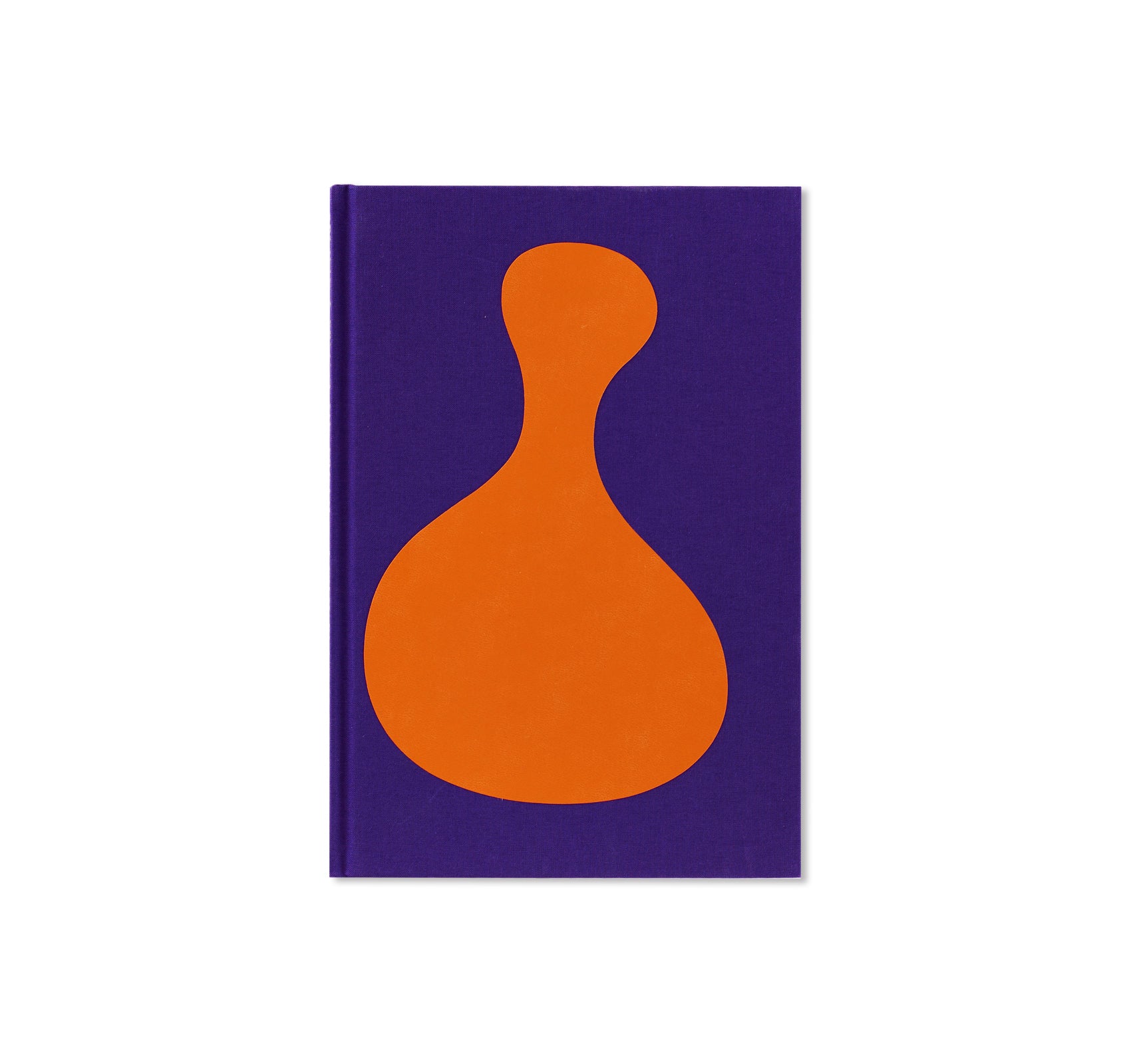
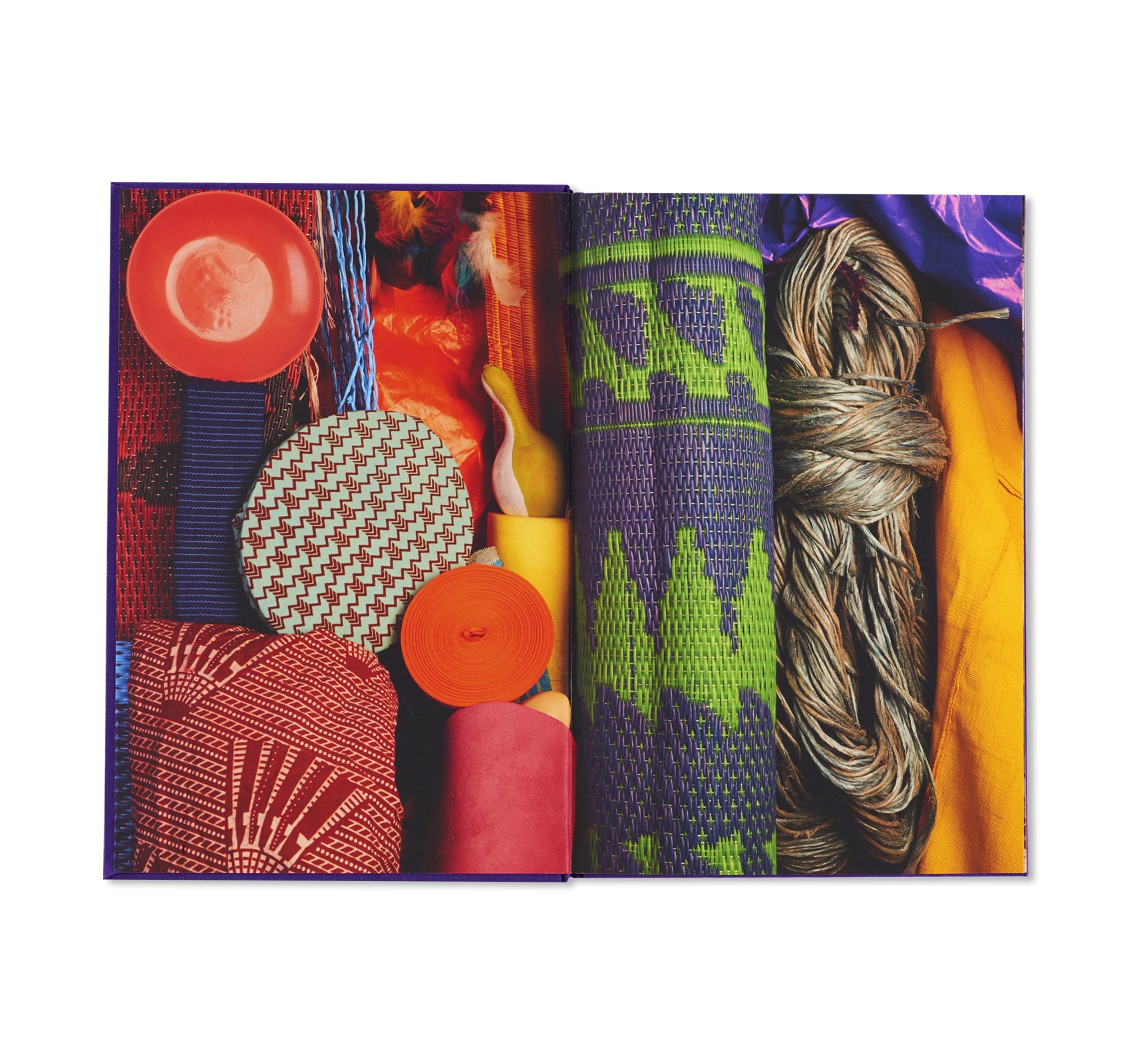
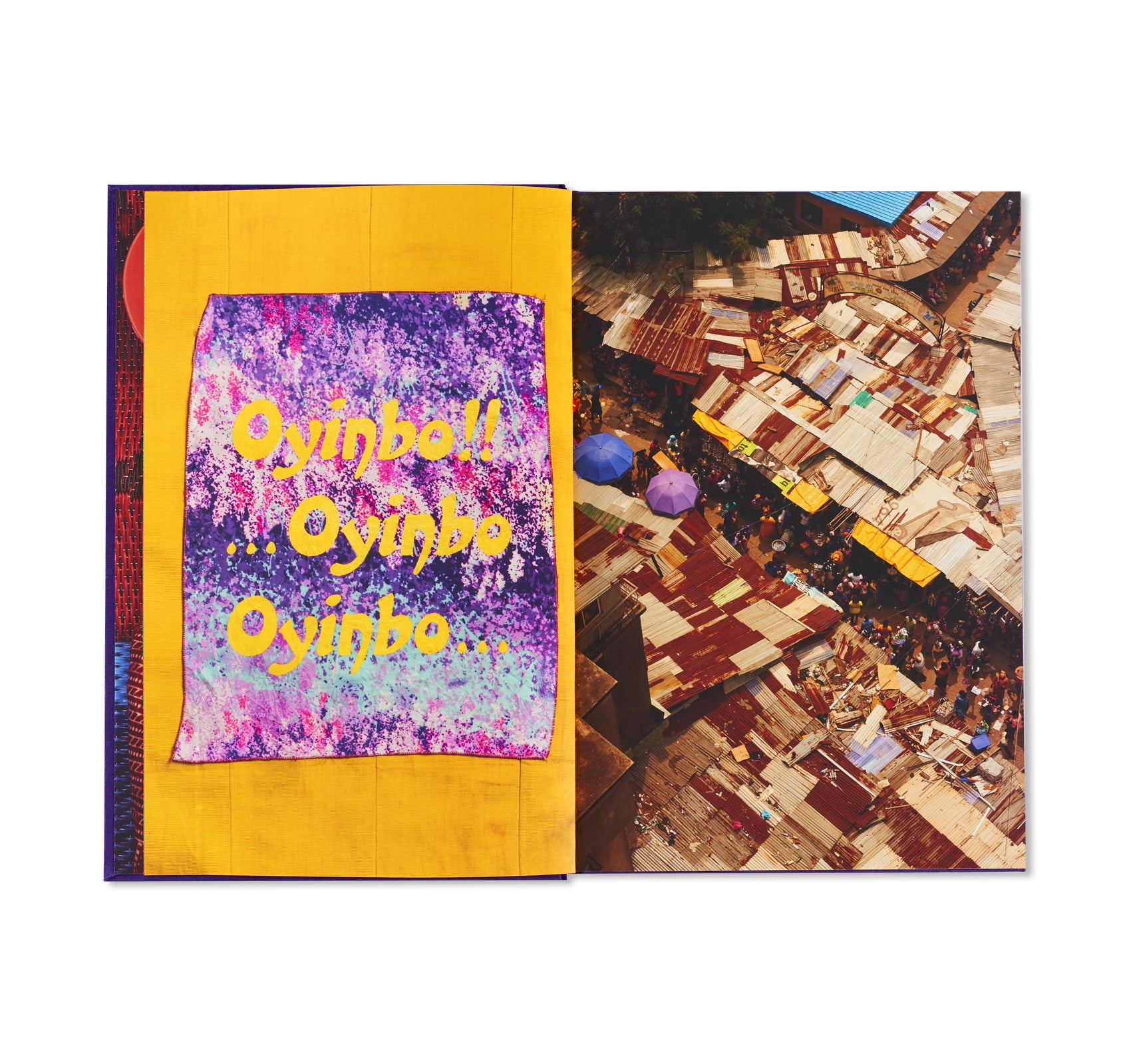
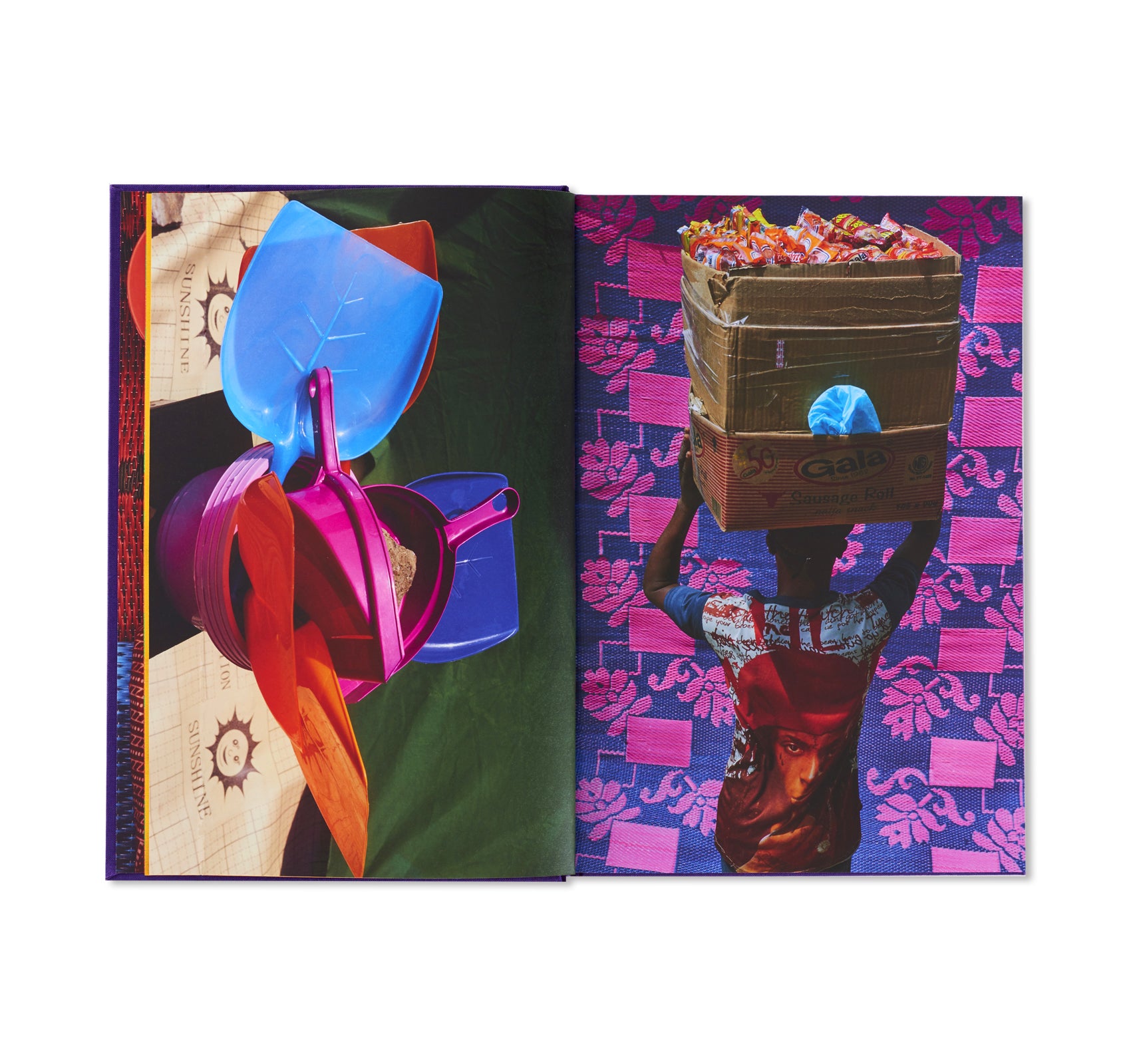
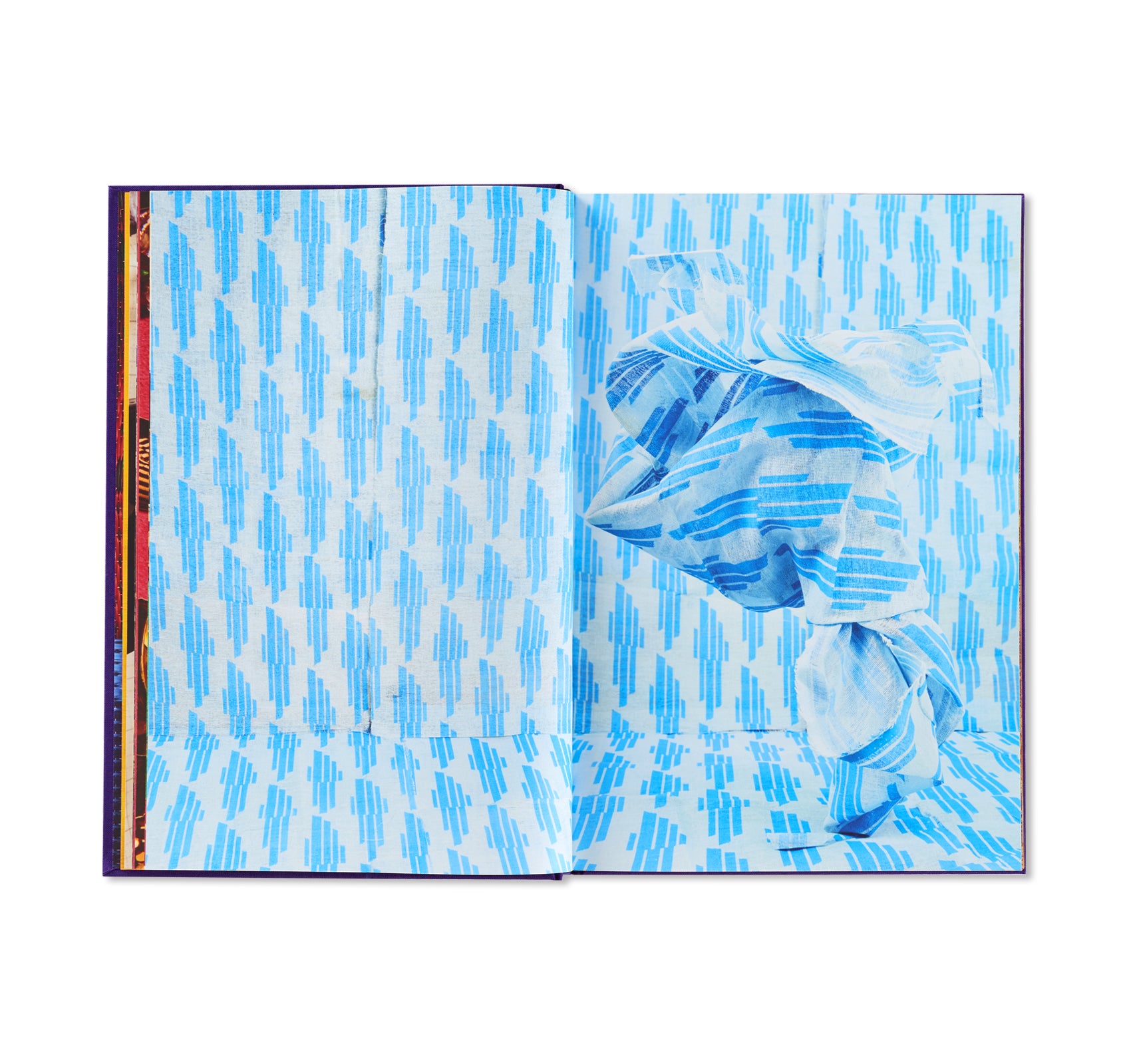
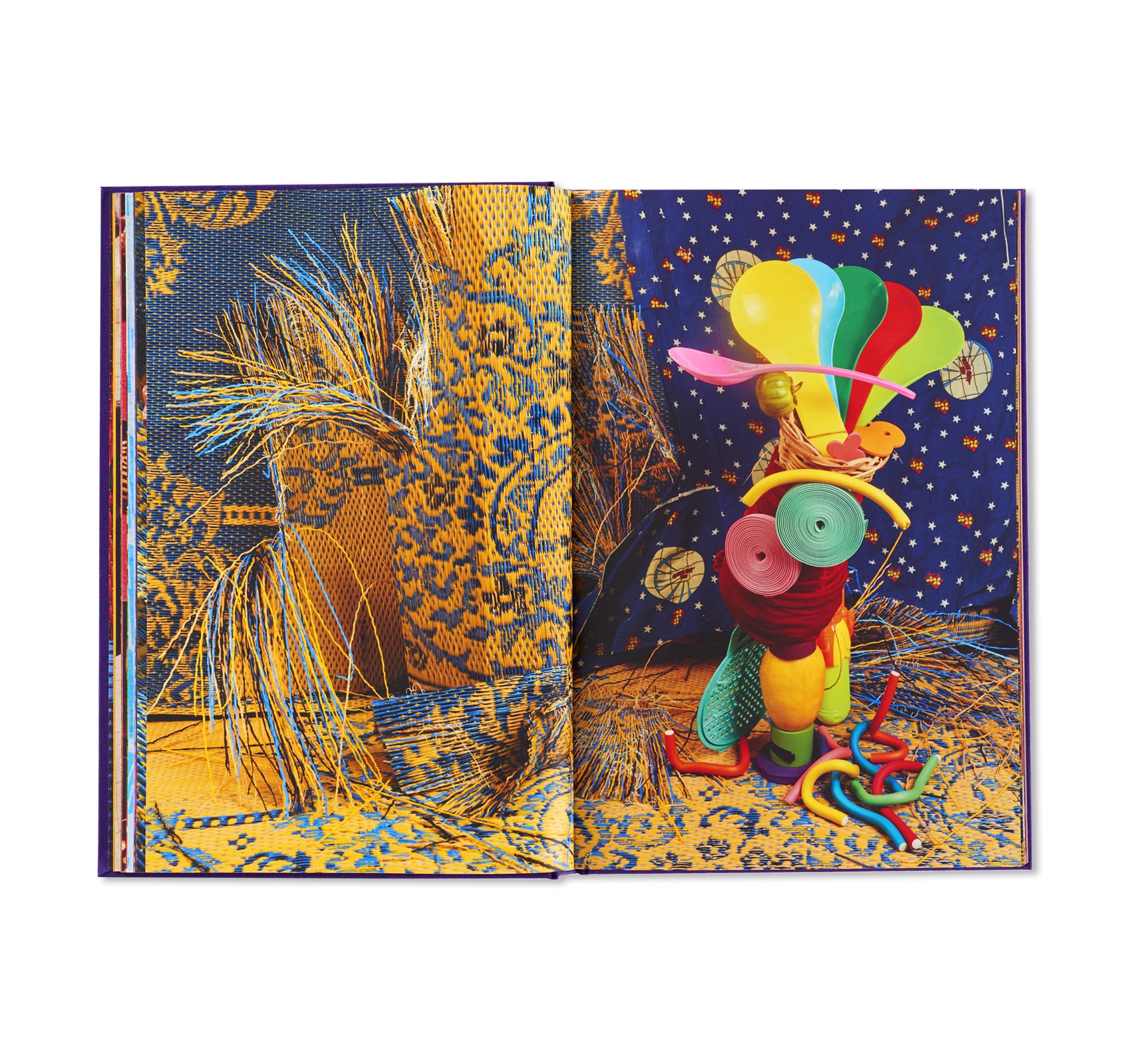
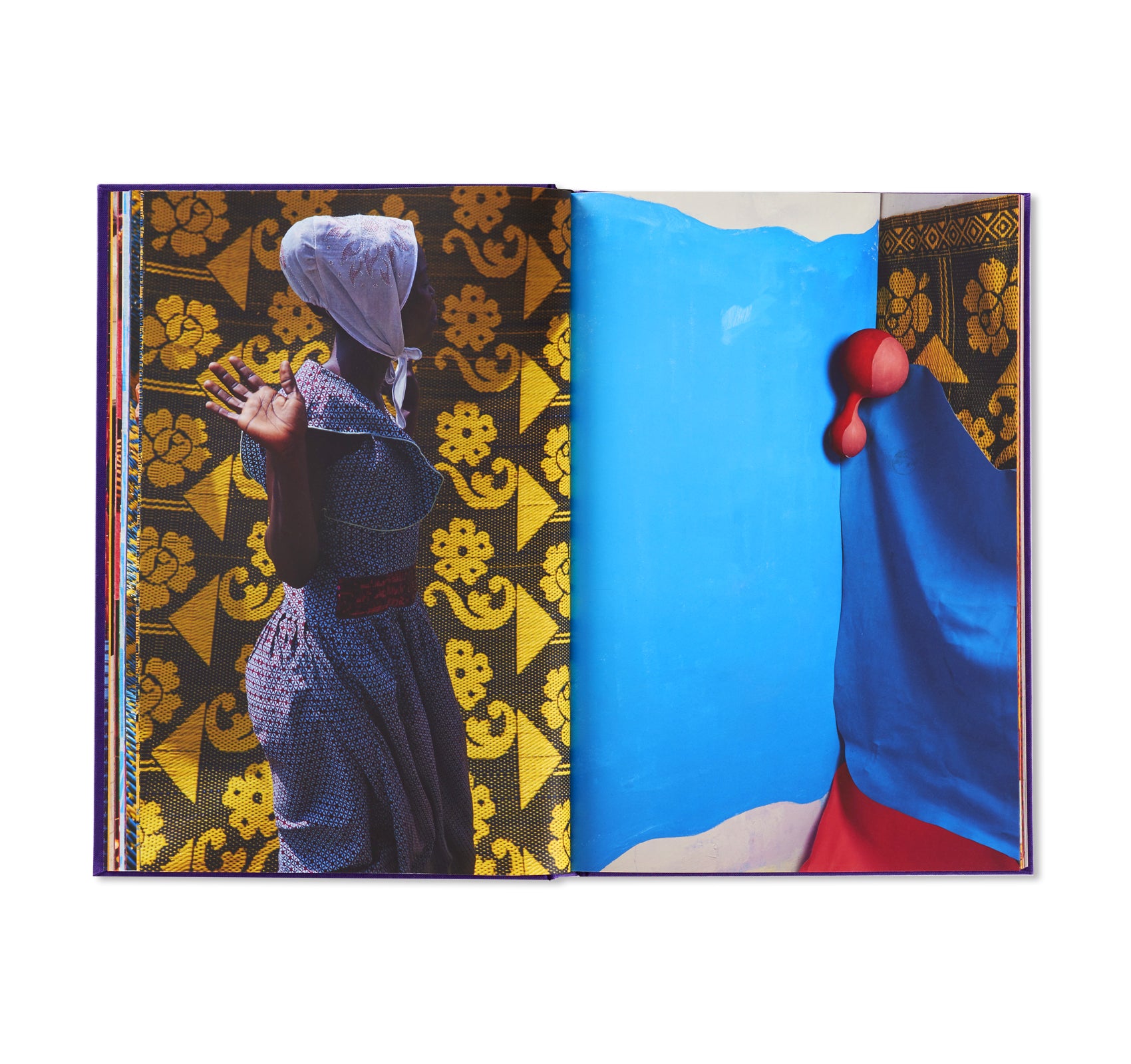
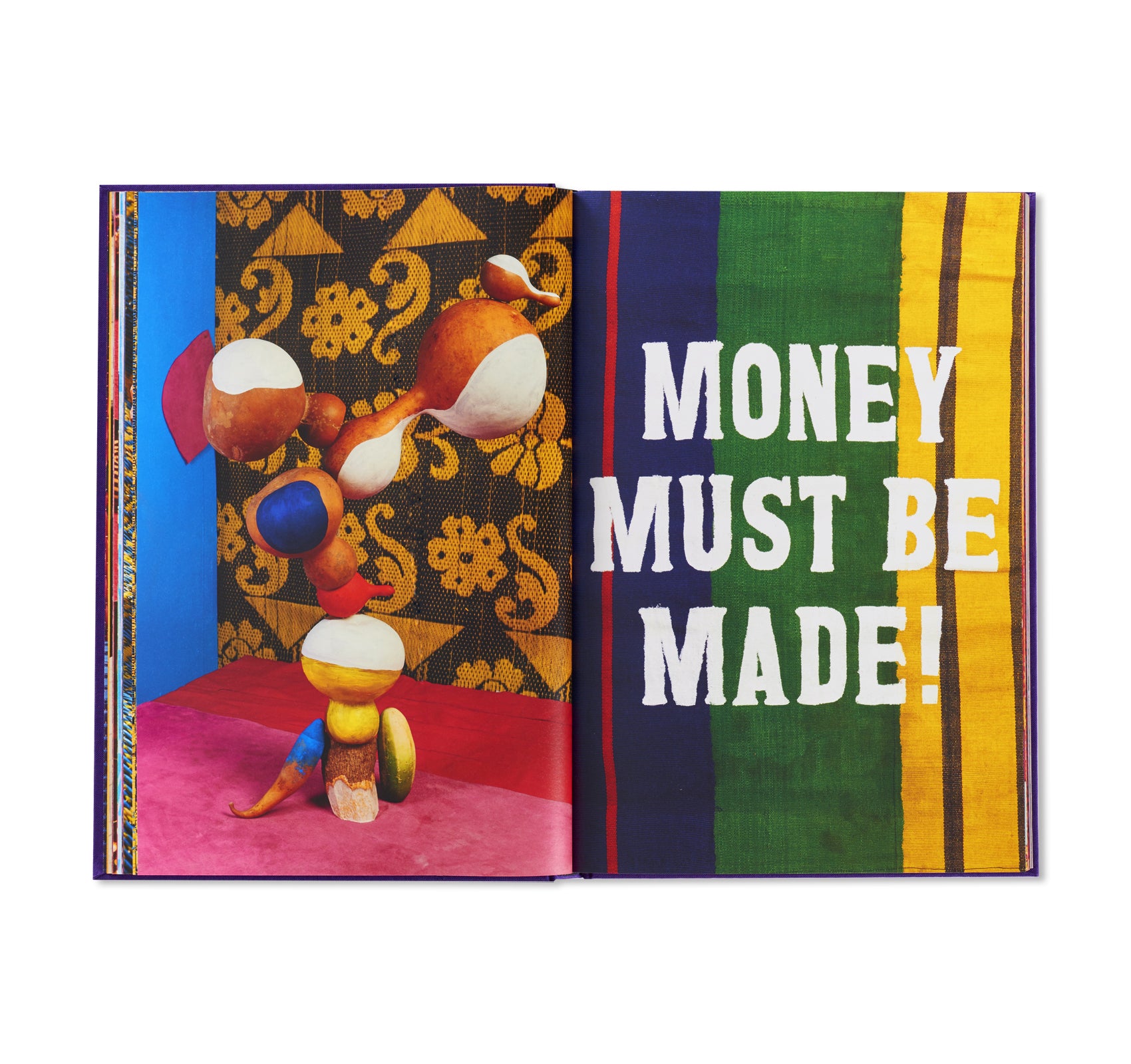
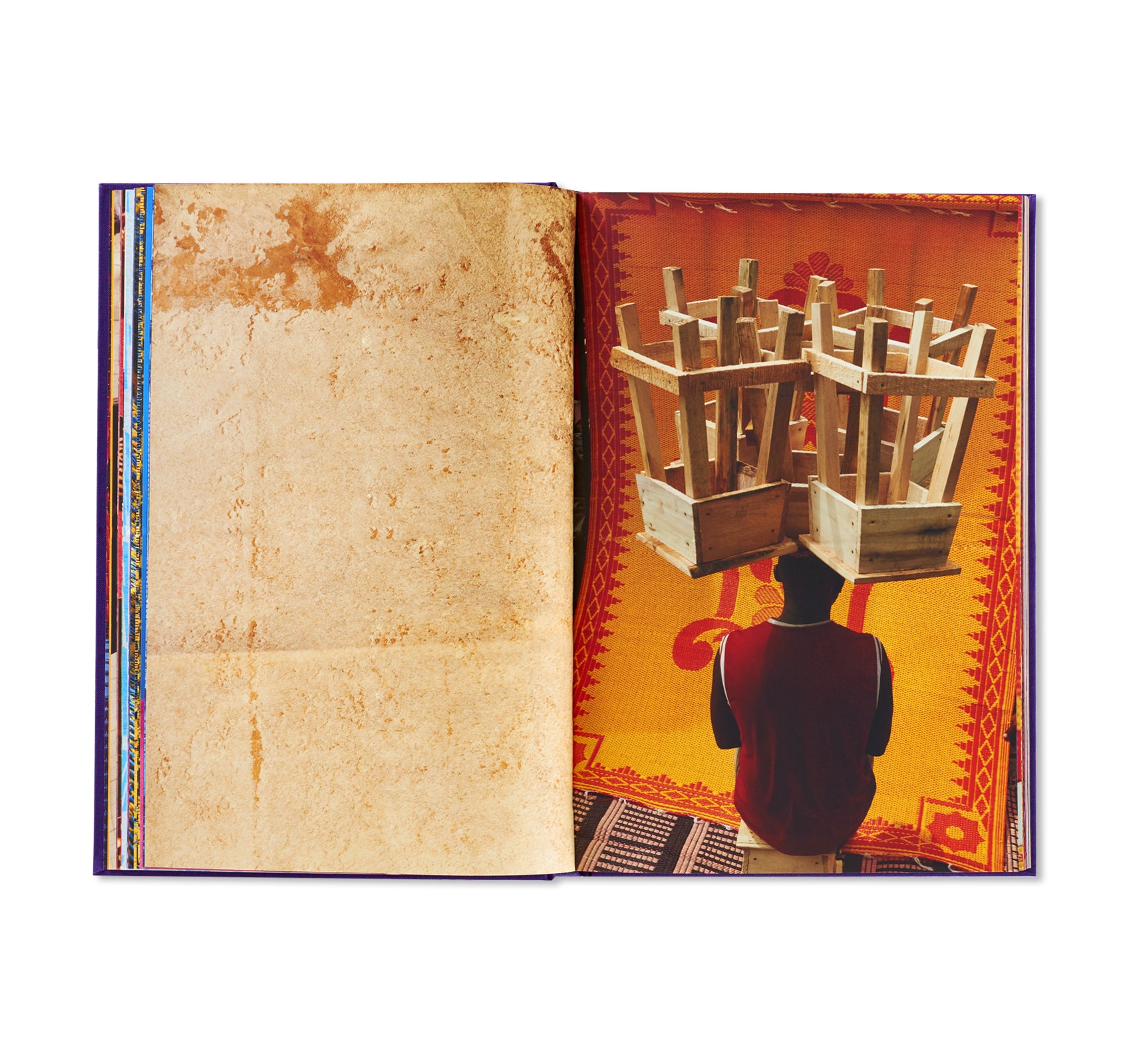
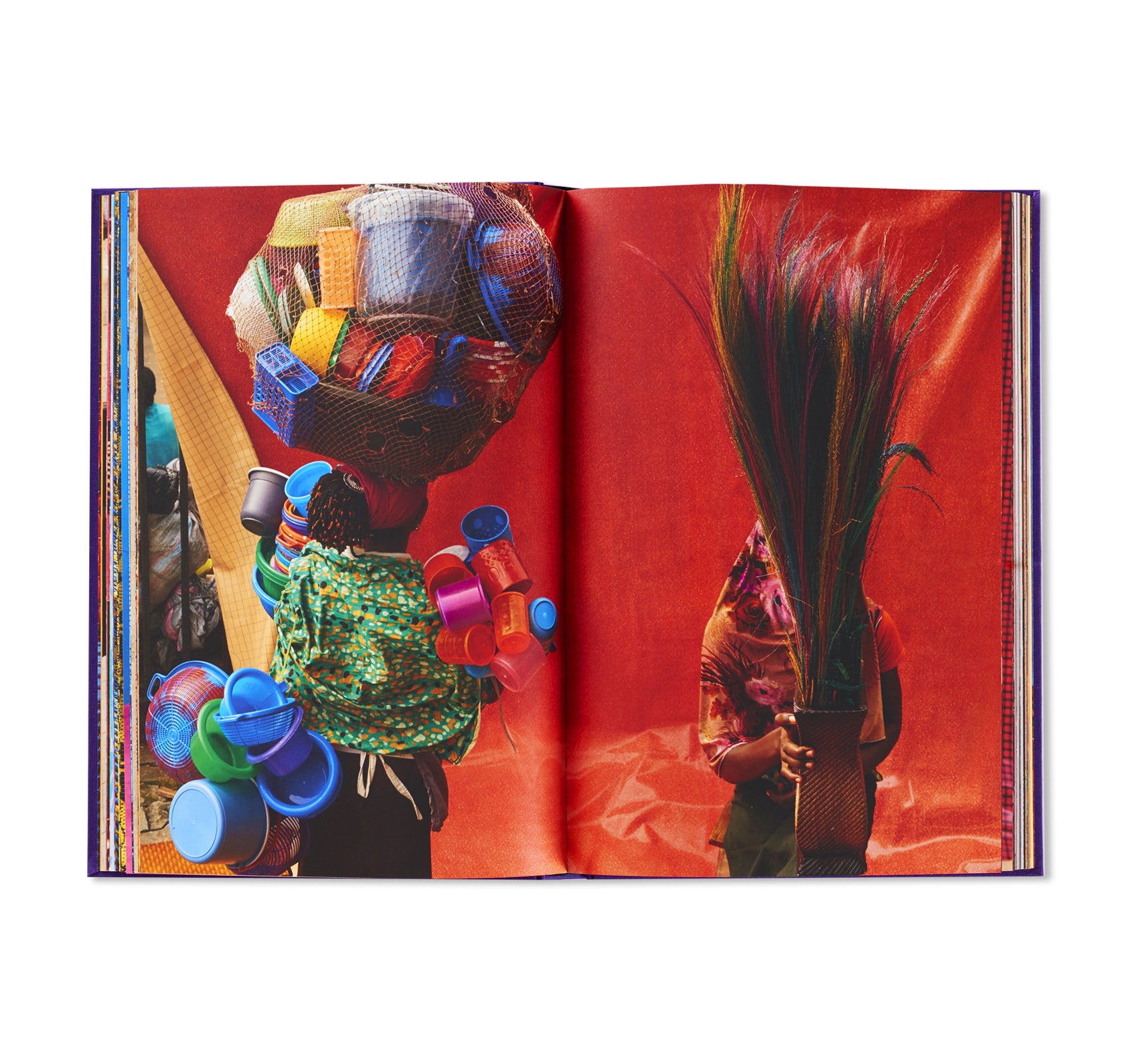
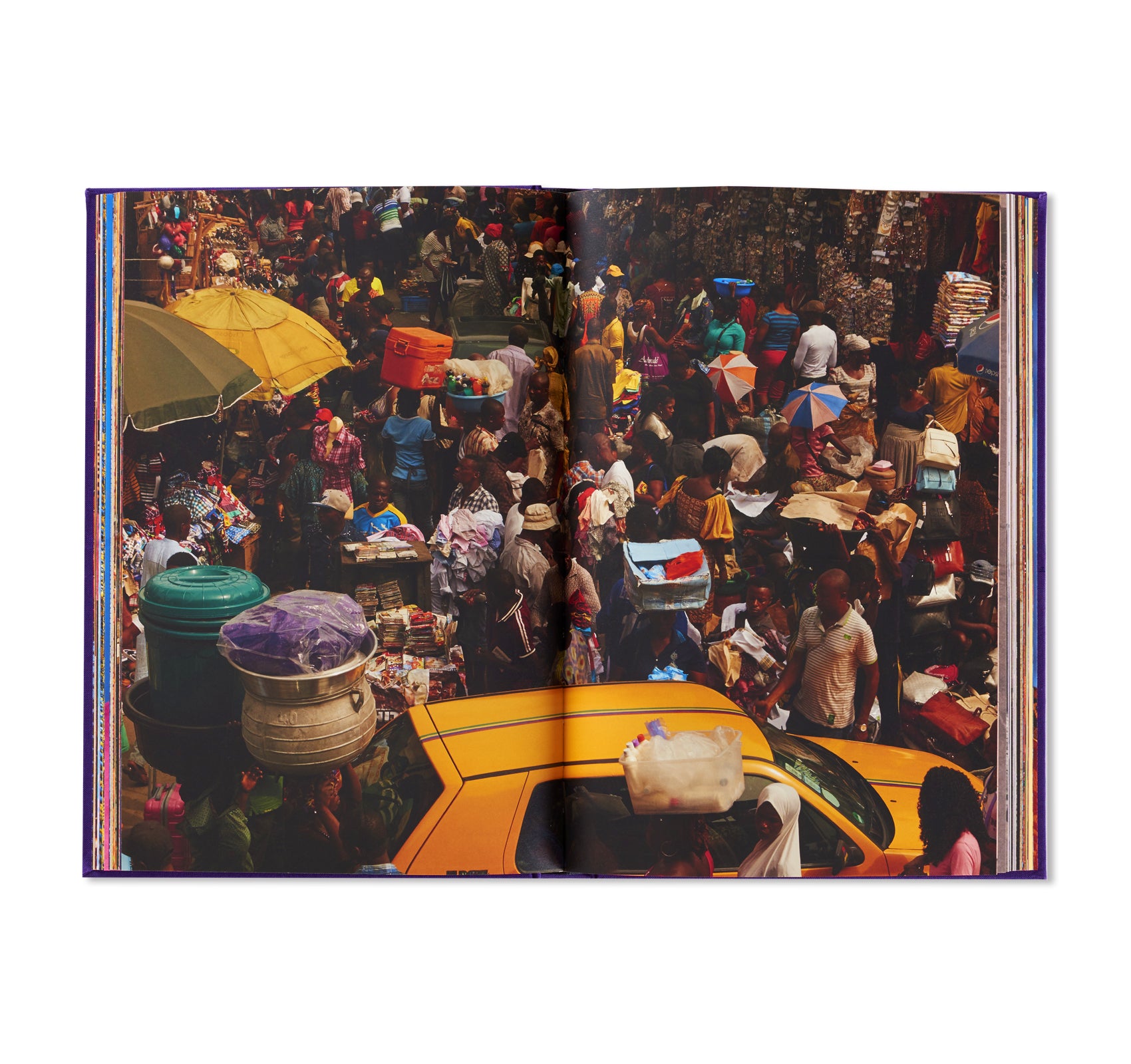
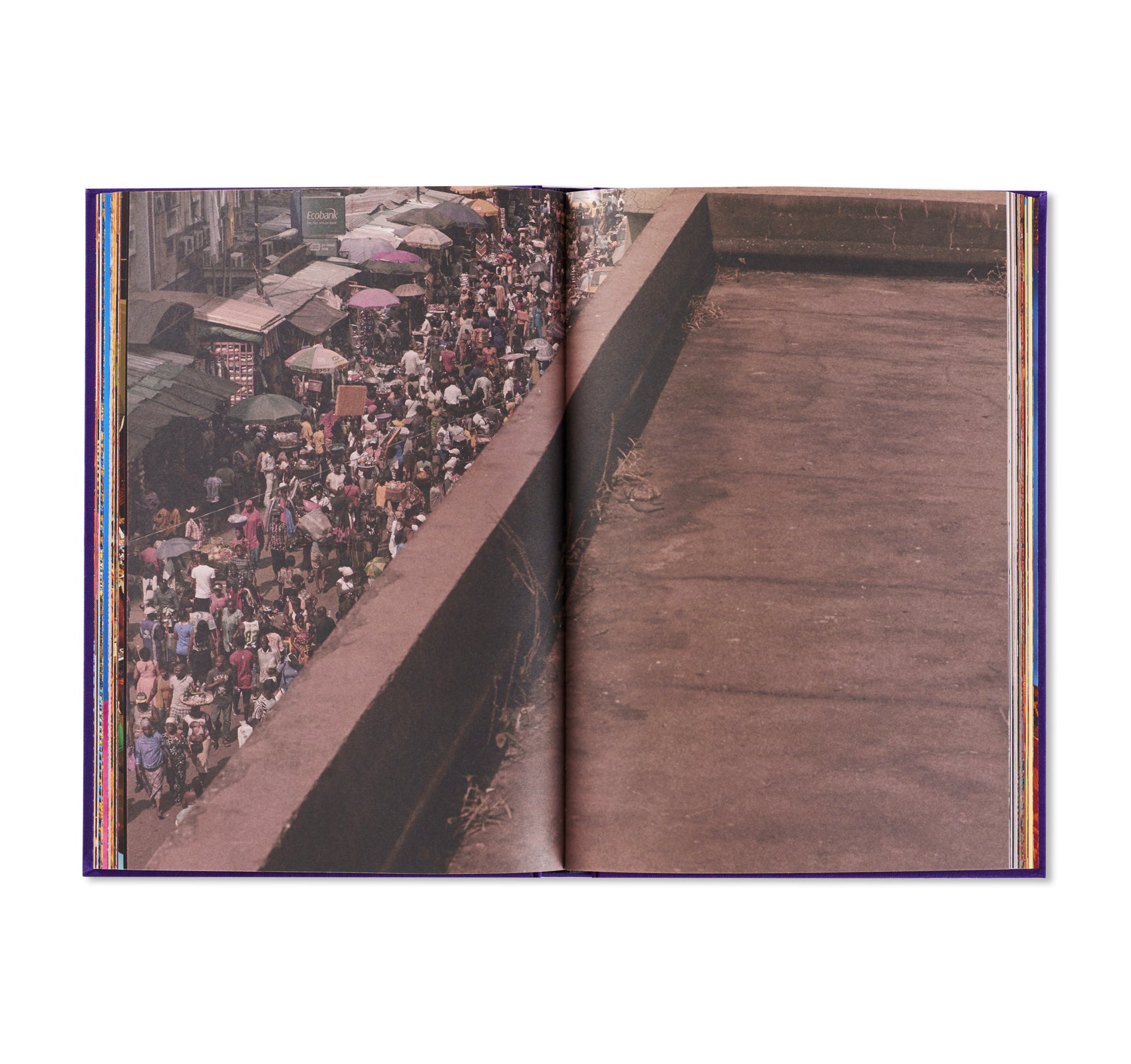
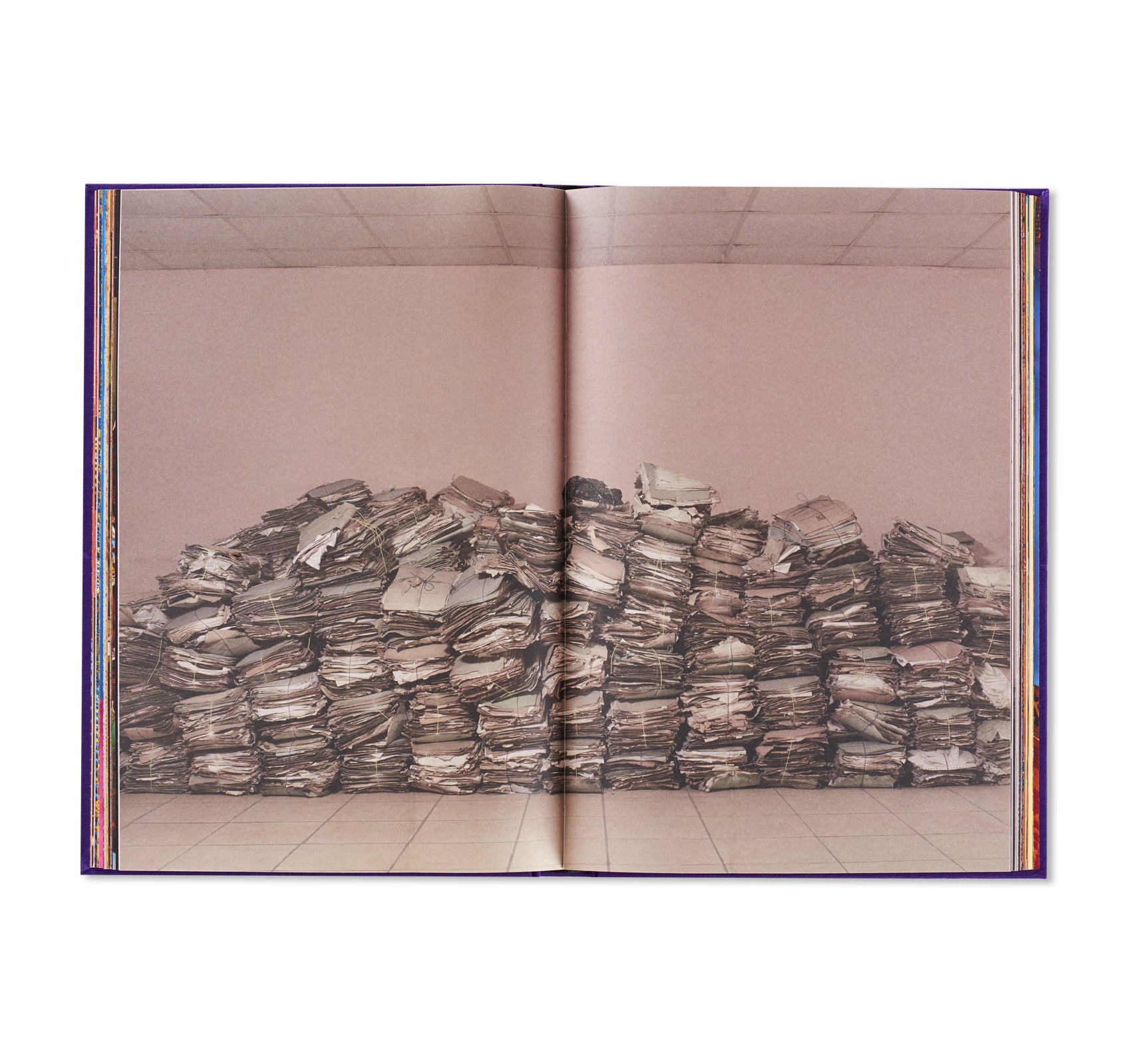
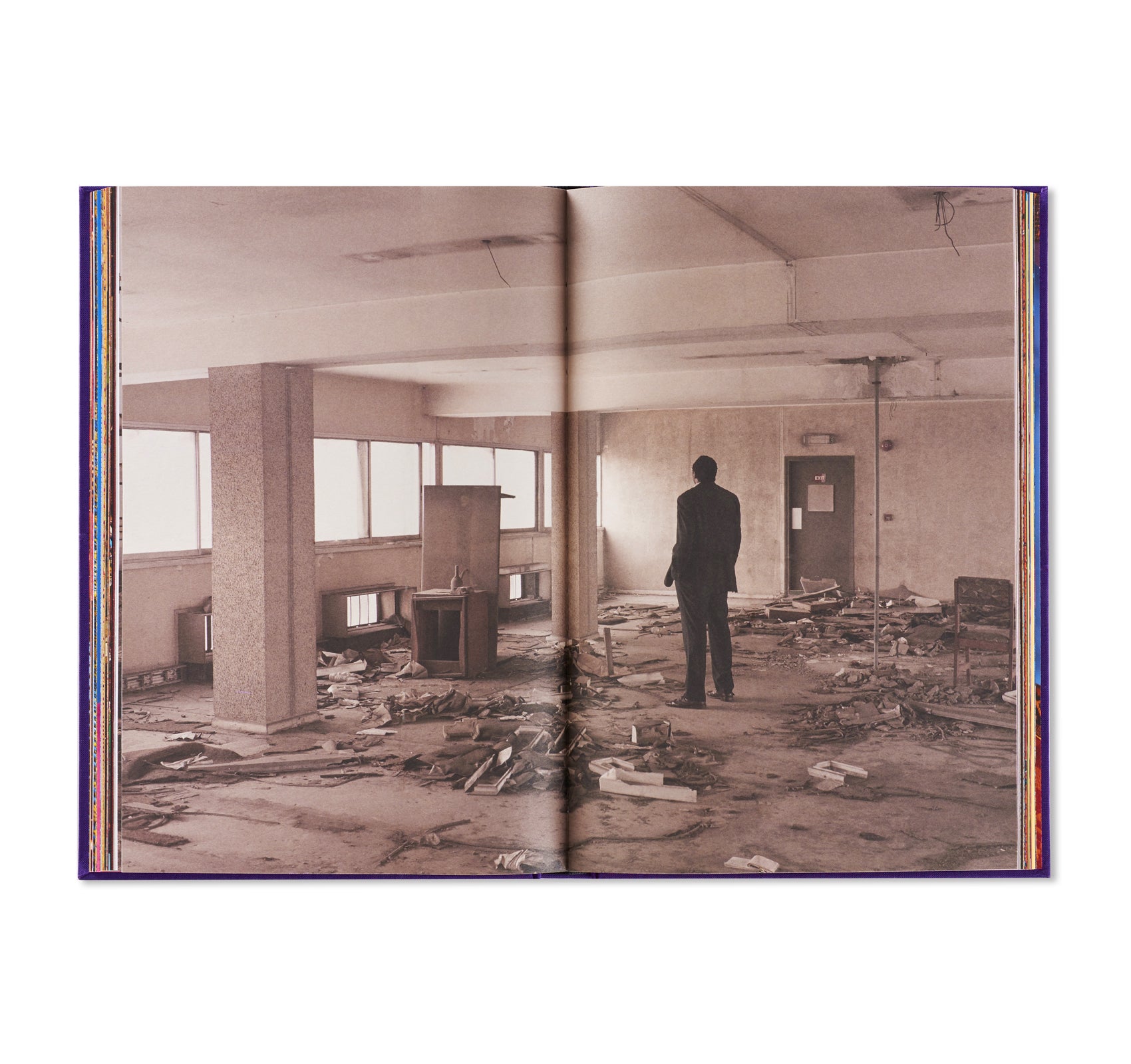
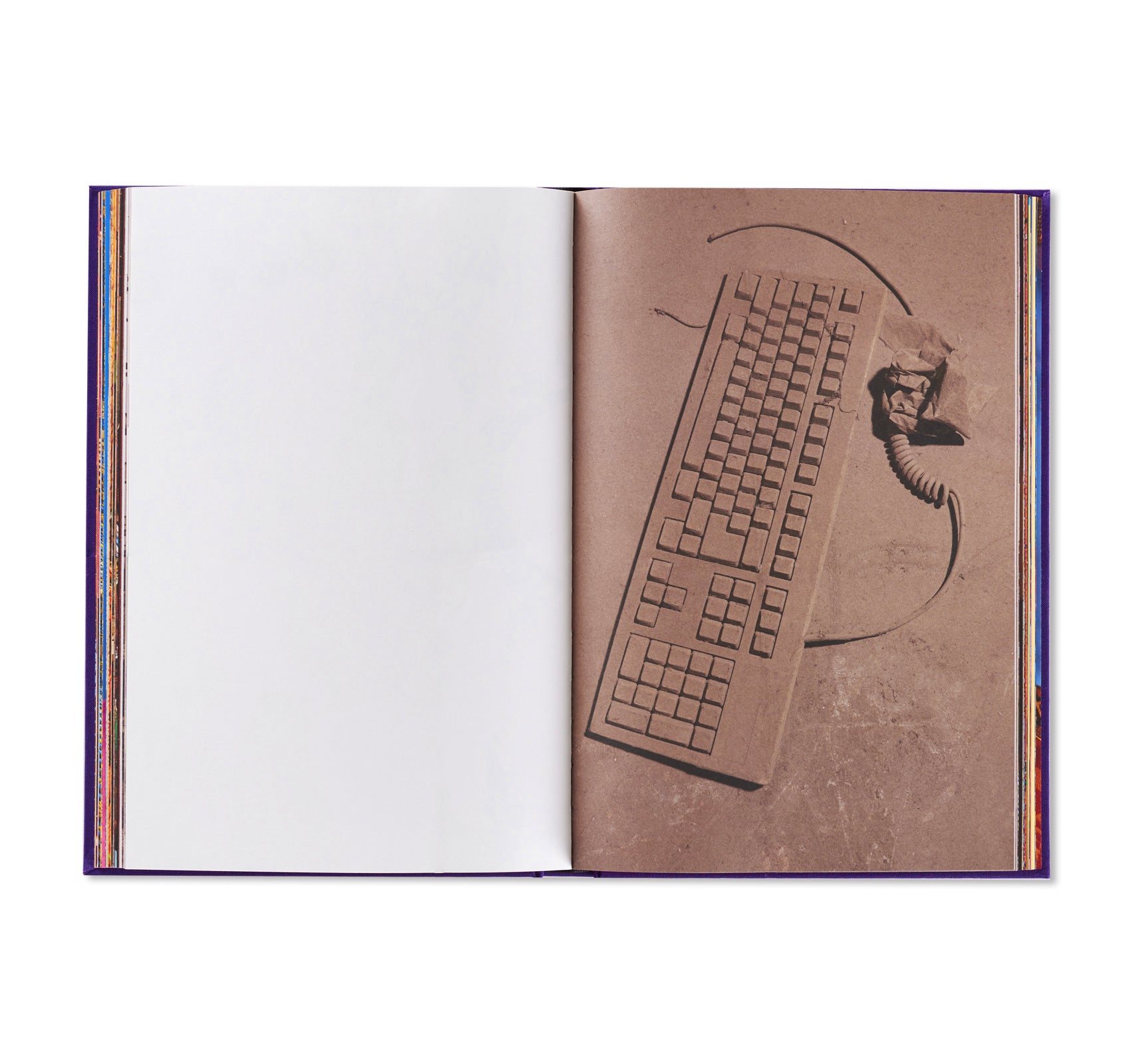
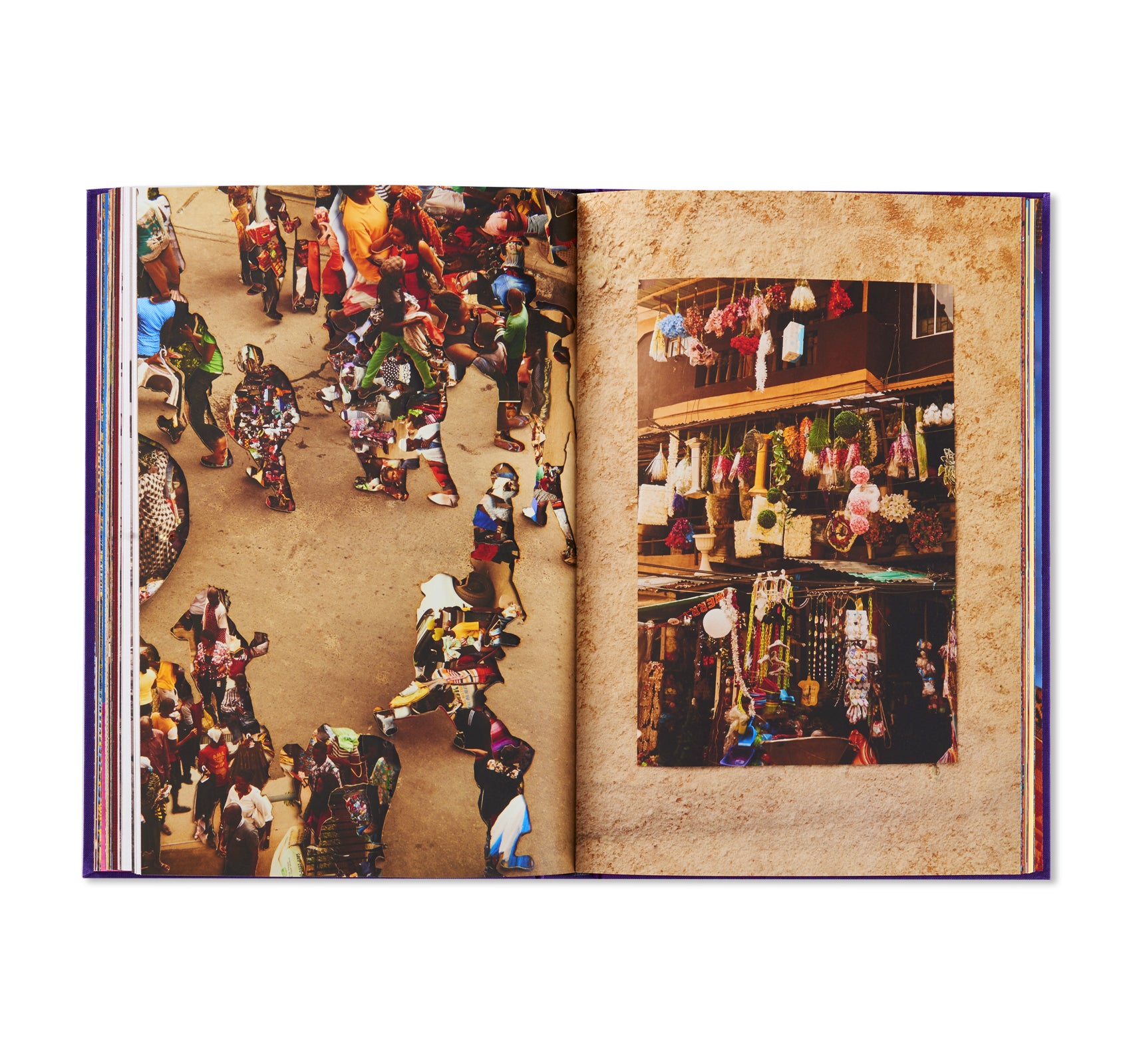
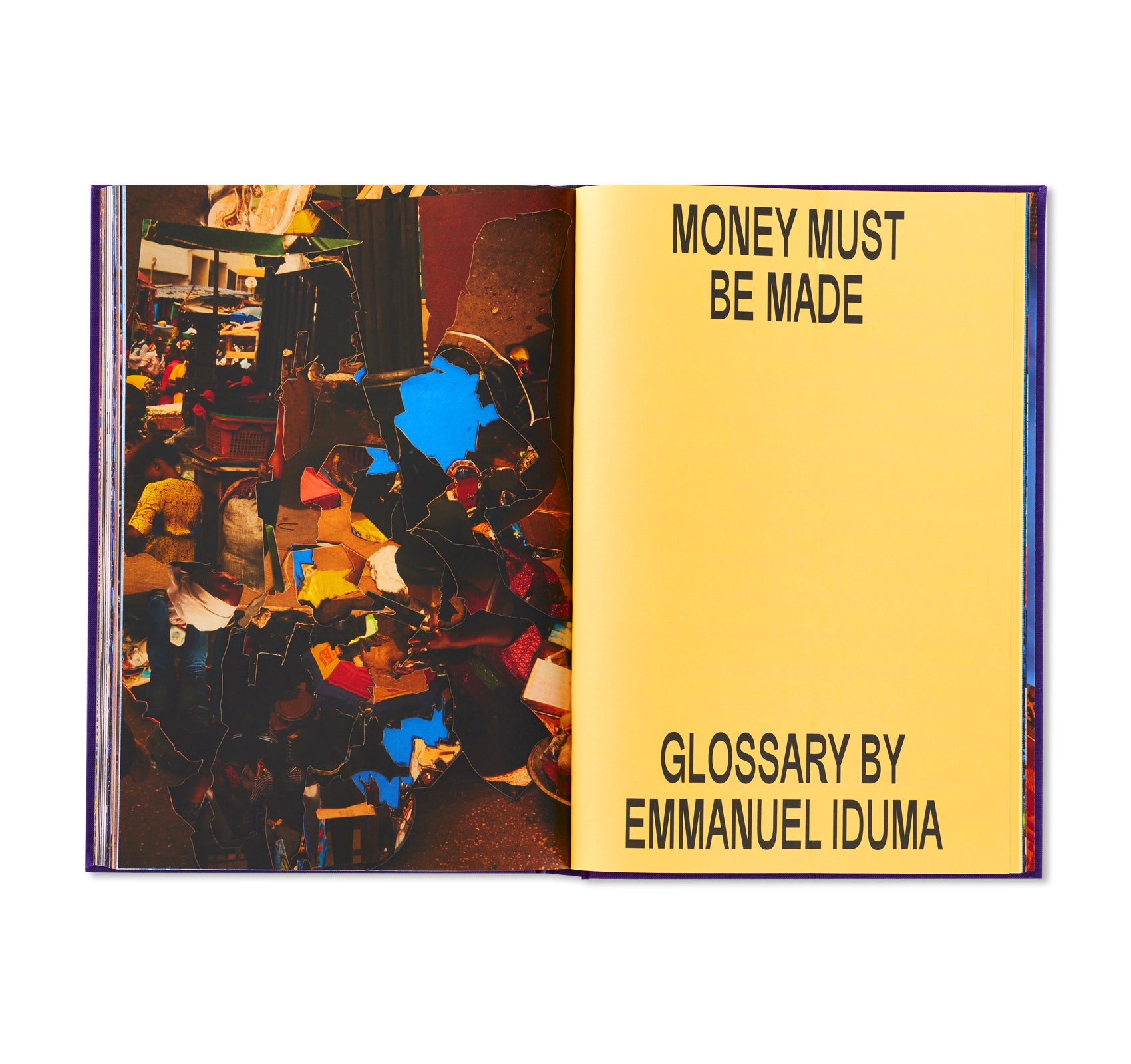
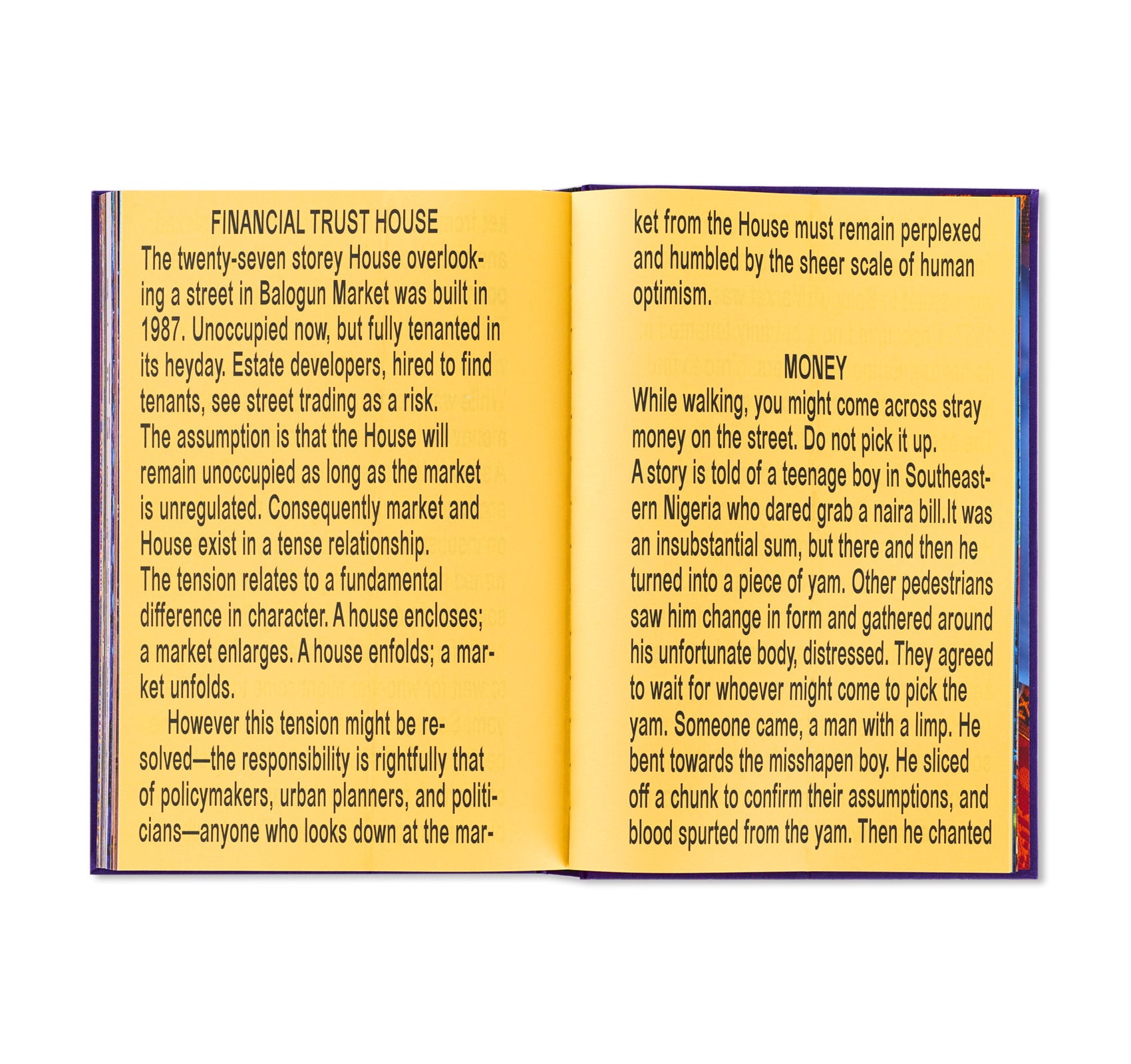
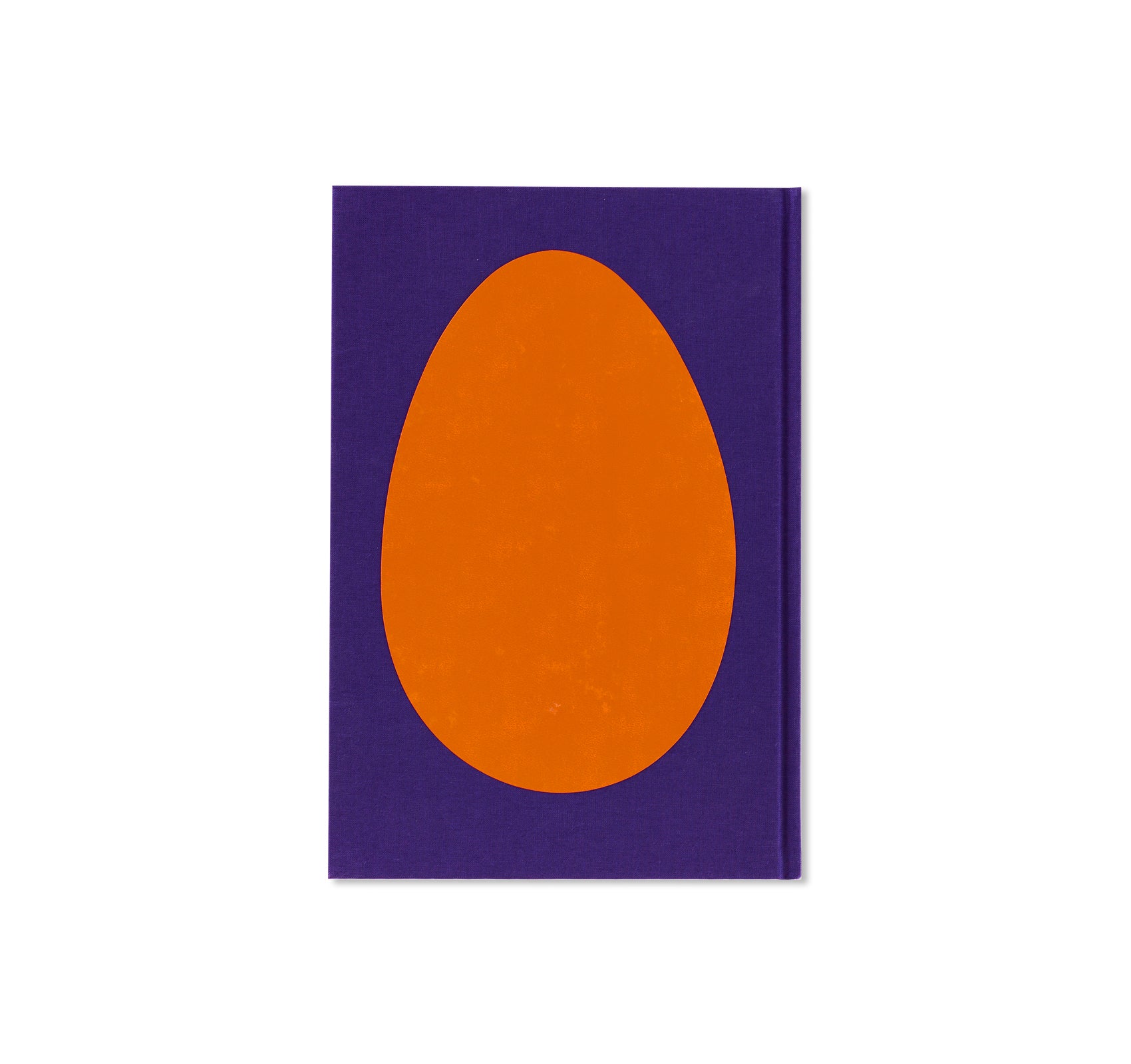
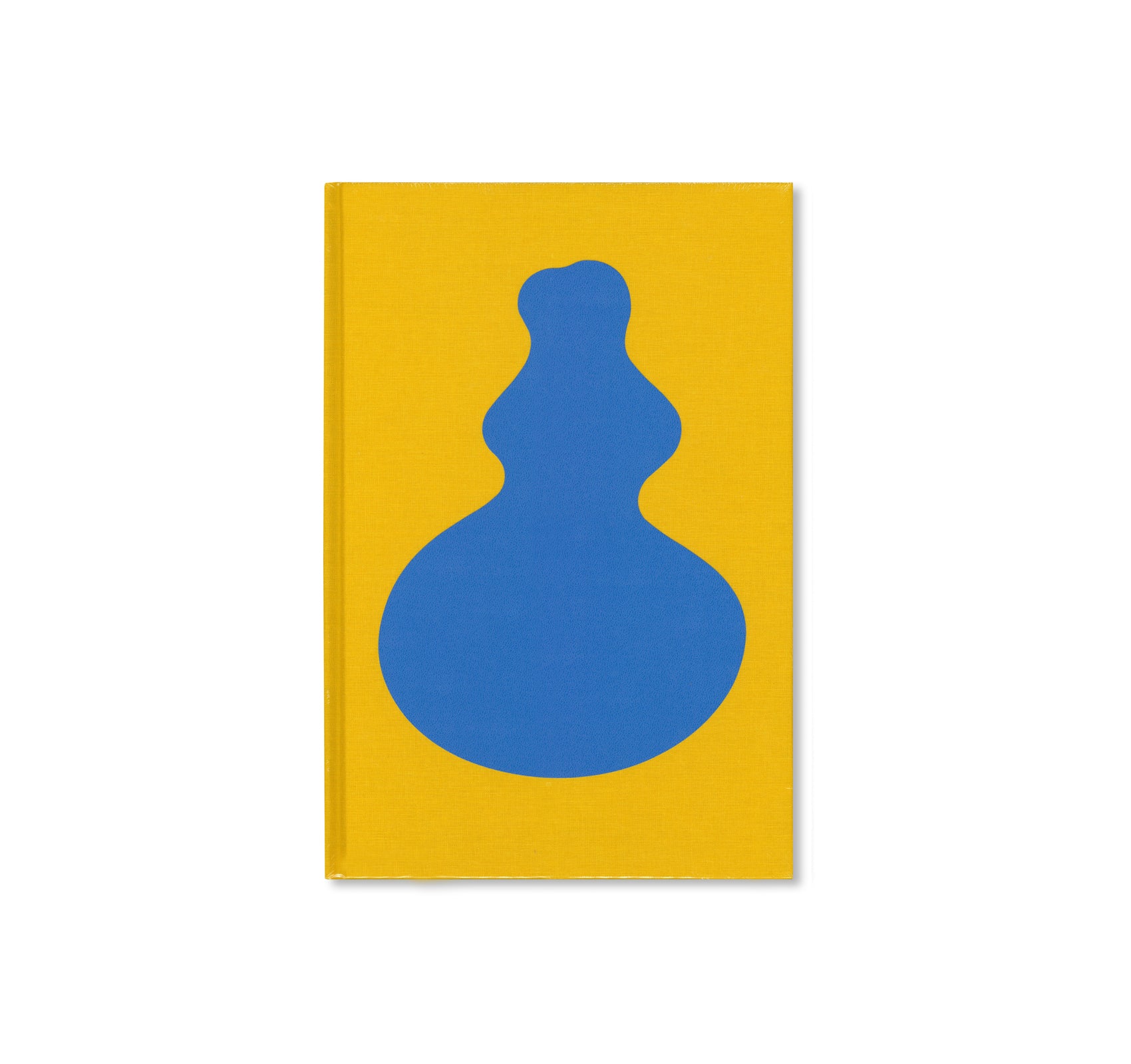
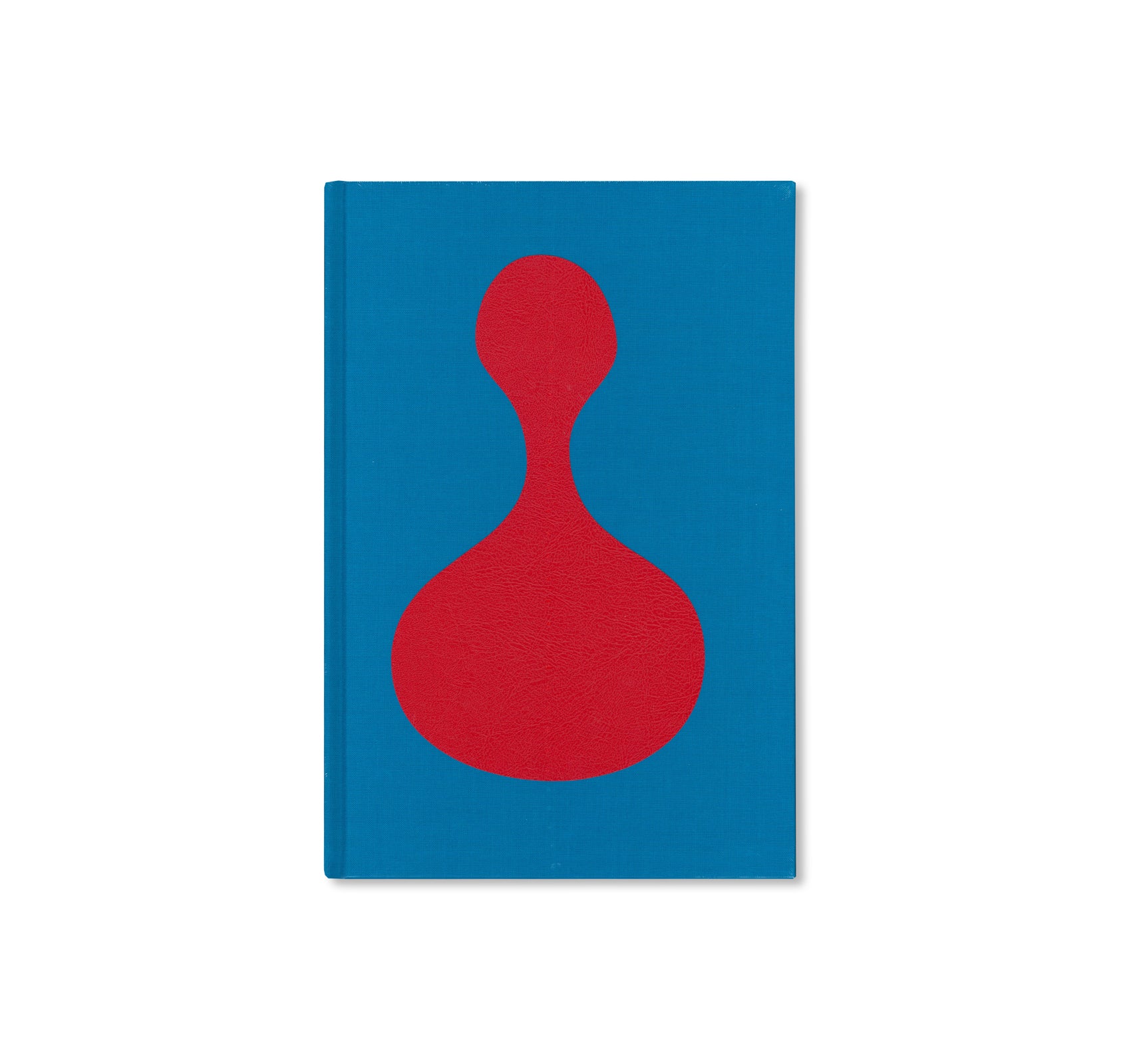
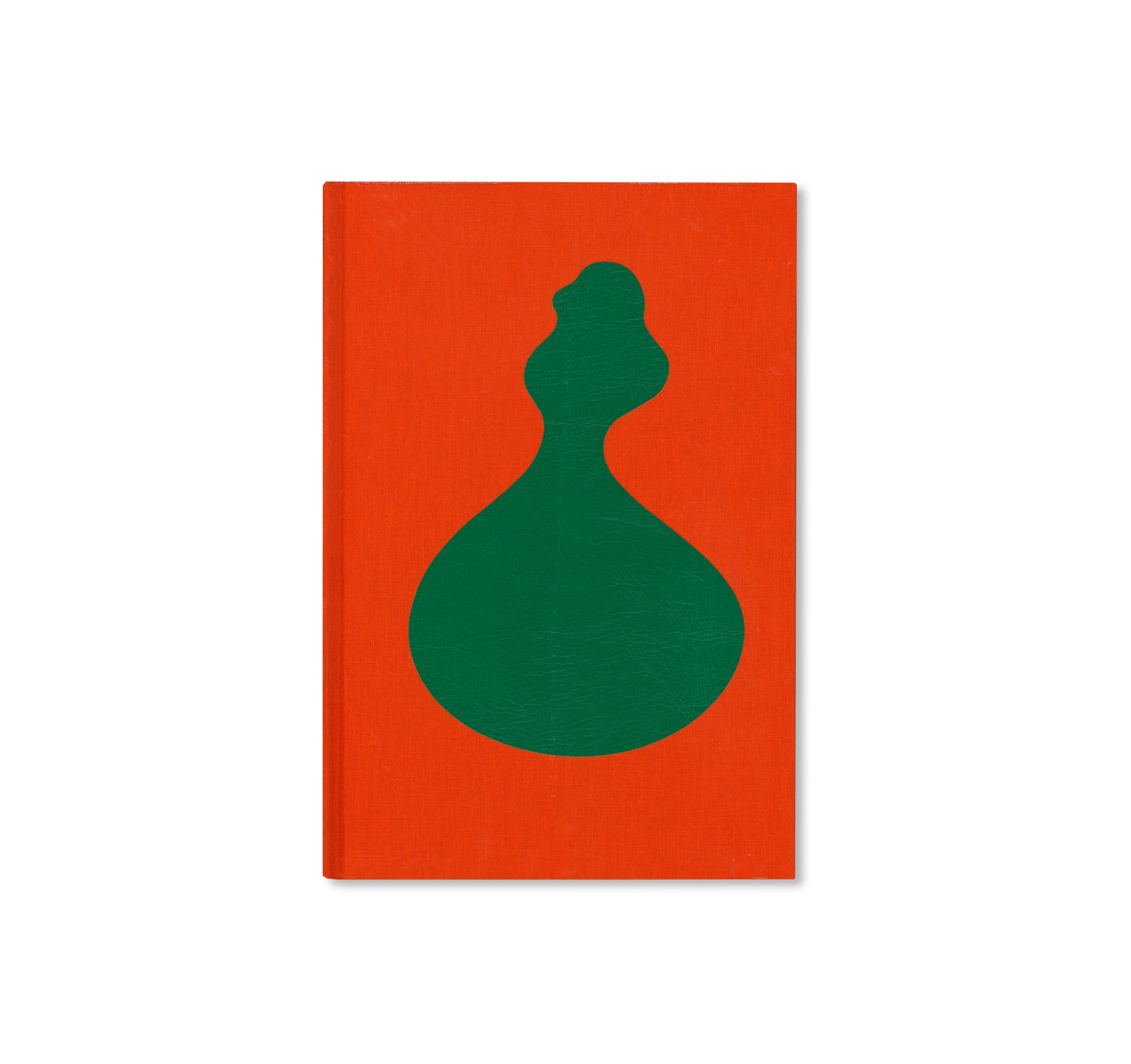
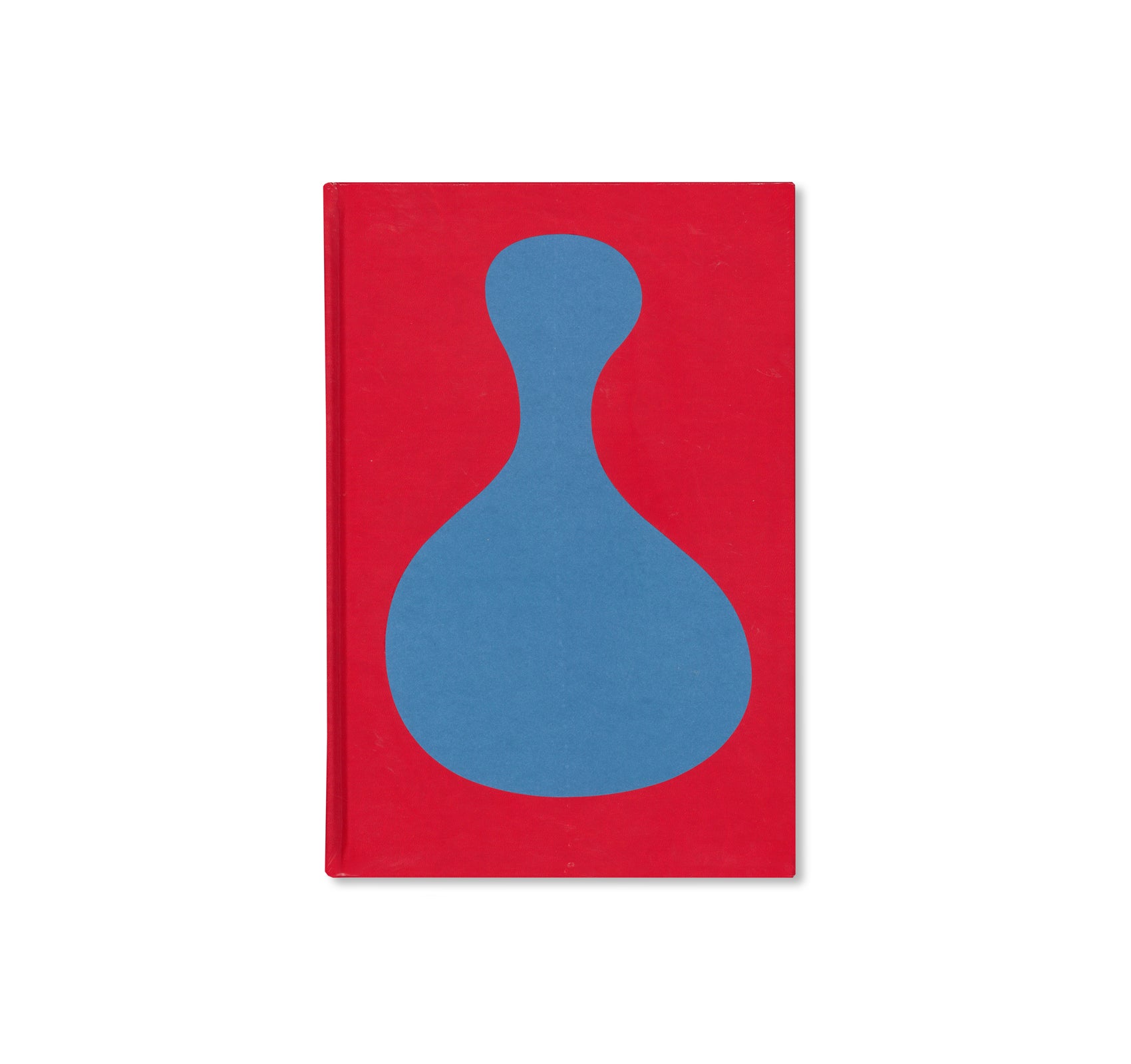
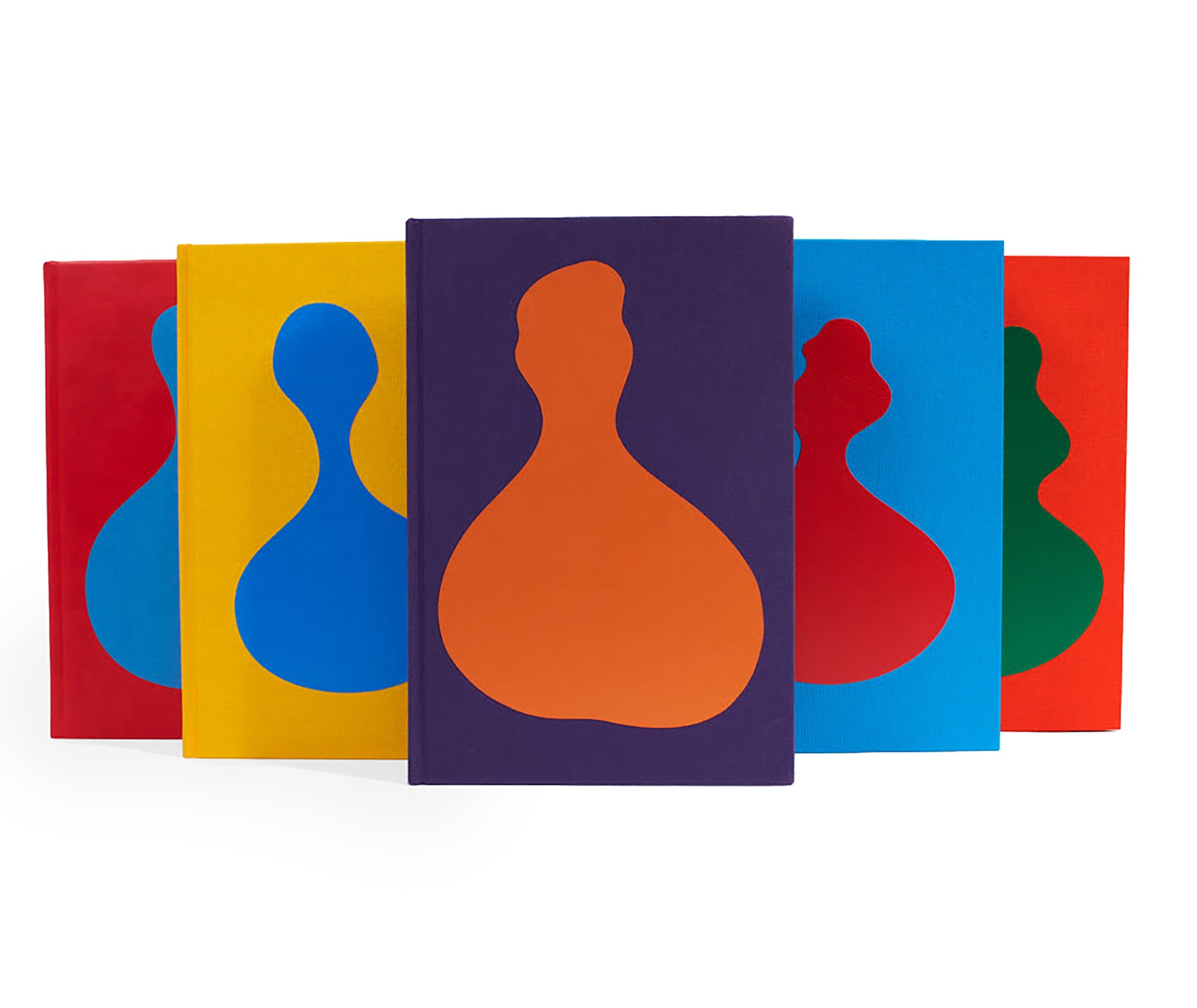
![DALSTON ANATOMY by Lorenzo Vitturi [SECOND EDITION]](http://twelve-books.com/cdn/shop/products/dalston01_large.jpg?v=1571703833)